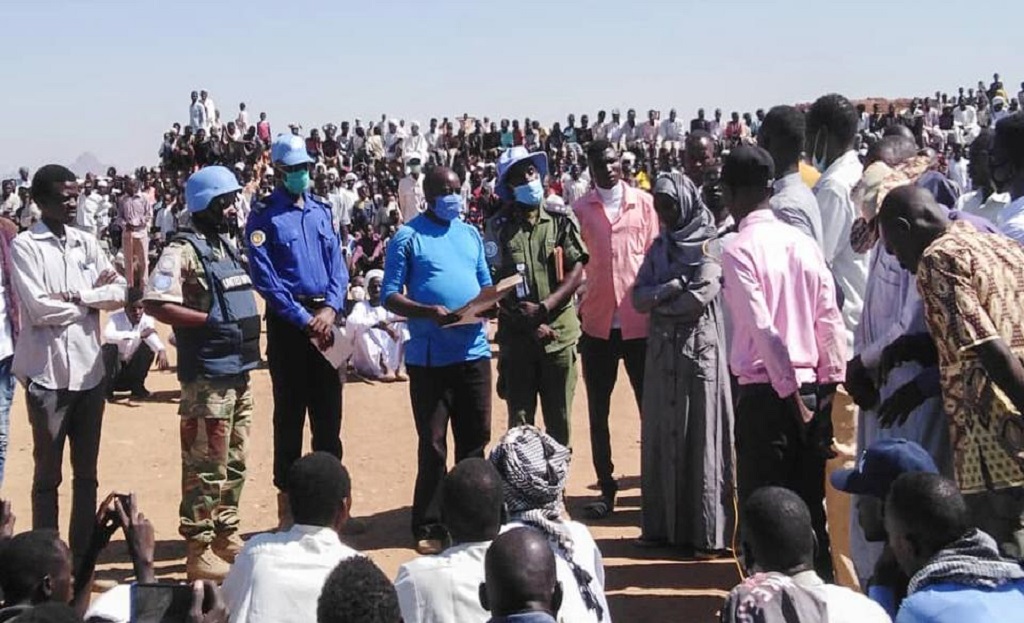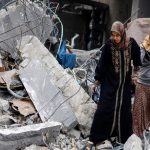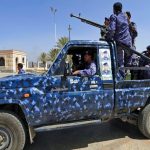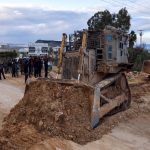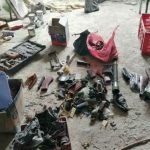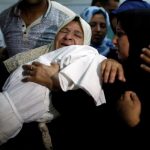Sudanese authorities say at least 230 people have been killed and more than 200 injured in recent attacks on villages in the Blue Nile state.
Faraan: Gamal Nasser al-Sayed, the health minister of the southern state which borders Ethiopia and South Sudan, told the Guardian in an interview that over 30,000 people in eight villages in the Wad al-Mahi region had been forced to flee because their houses were set on fire and villagers had been attacked.
The minister also said many women and children are suffering from malaria and the health department does not have enough financial resources to help them. Since last year’s military coup led by Abdel Fattah al-Burhan, the commander of the country’s army, political unrest and economic crisis have intensified throughout Sudan.
In the states of Blue Nile and West Kordofan, tensions have escalated into brutal intercommunal violence over land disputes that have remained unresolved by the central government for more than a decade. Opposition factions of the ruling party have been accused of supporting and arming rival communities. The issue of access to land is of great significance in Sudan, where according to the United Nations and World Bank statistics, agriculture and livestock account for 43% of employment and 30% of the GDP.
The top UN envoy for Sudan warned that the east African country is heading toward “an economic and security collapse” unless it addresses the political paralysis following October’s military coup. Last week, attacks were carried out in villages of the Funj ethnic group, with people from the Hausa ethnic group accused of being behind the violence. In July, hundreds of Hausa people, who claim discrimination in the way land ownership is organized, were killed in clashes after they tried to establish traditional leadership, a move opposed by the Funj, who consider themselves indigenous to the area.

